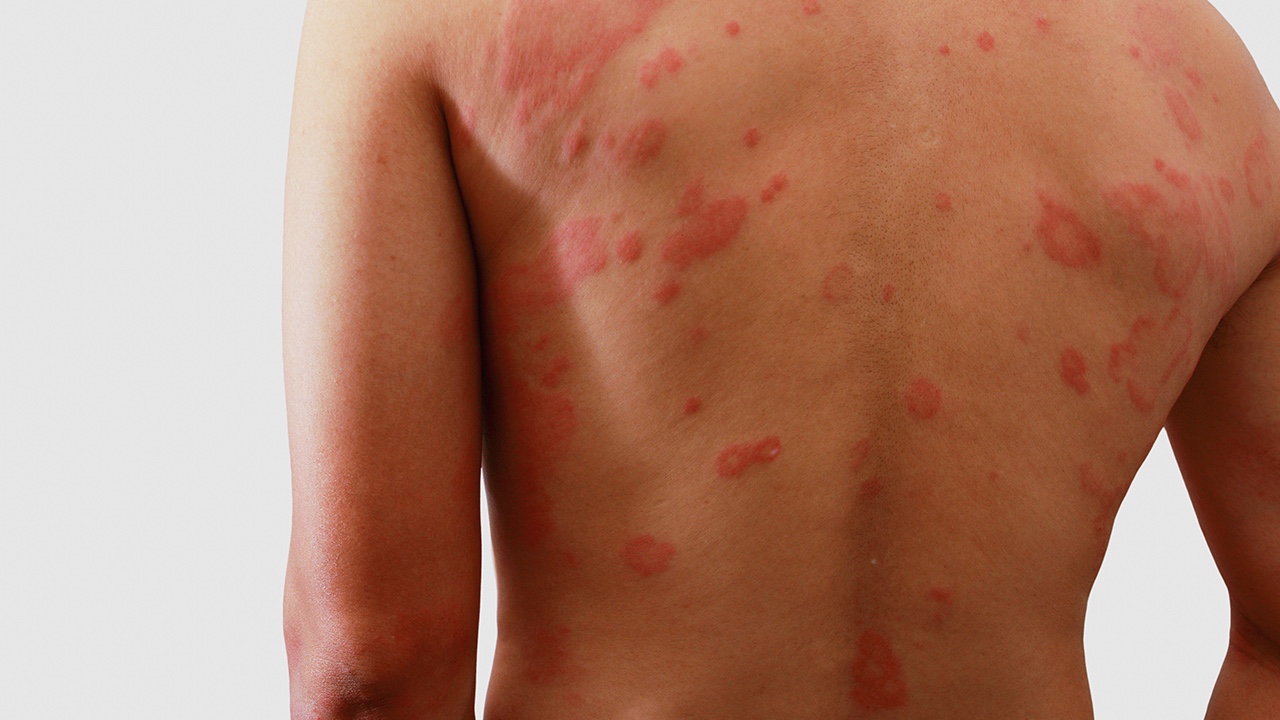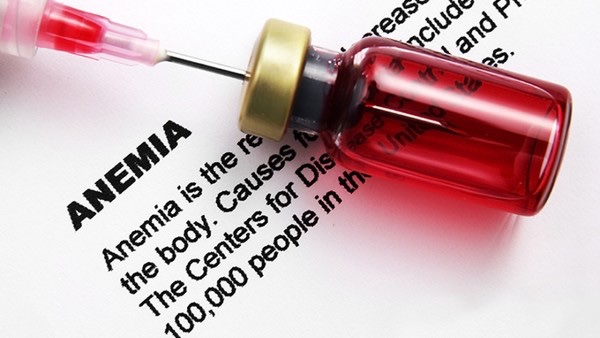In life, male friends should clearly understand that if infected with syphilis bacteria, the harm to the patient's physical and mental health is quite severe. In serious cases, the progression of the disease can even threaten life and health. Therefore, it is crucial to take preventive measures in daily life to keep oneself away from the suffering of syphilis and maintain a healthy body. One should pay more attention to this aspect. So, what harm can the occurrence of syphilis bring?

What Damage Can Syphilis Cause to the Body
1. Causing Cardiovascular Diseases: Many people know that treating syphilis is a long process and difficult to cure. Many patients stop treatment halfway. If syphilis is left untreated, the spirochetes in the patient's body will cause infections, leading to cardiovascular diseases such as aortitis, aortic valve insufficiency, and aortic aneurysms, affecting the patient's health.
2. Harming the Skeletal System: If treatment is abandoned due to cost concerns, it is easy for syphilis bacteria to destroy the function of the patient's tissues and organs, even leading to complete loss of function and causing disability.
3. Generating Drug Resistance: If syphilis bacteria mutate and develop drug resistance, it will be detrimental to the treatment of syphilis. It will make treatment more difficult, and the toxicity will be stronger, making it harder to cure.
4. Threatening Life: The enhanced toxicity of mutated syphilis spirochetes increases the damage to body organs. The rapid progression of the disease, combined with poor traditional treatment effects, increases the disability and mortality rates of syphilis. Untimely treatment can lead to the loss of organ function and even endanger life.
5. Harming Family Members: After contracting syphilis, the patient's infectiousness is very strong and can easily spread to friends and family members, causing psychological pressure. Especially for female patients, if pregnant, syphilis can be transmitted to the fetus, causing premature birth, and a few fetuses may be infected with congenital syphilis.
Why Is the Mortality Rate of Syphilis So High
1. Spirochetes Harm the Cardiovascular System: Can cause aortitis, aortic valve insufficiency, aortic aneurysms, etc.
2. Spirochetes Damage the Skeletal System: Causing tissue and organ destruction, loss of function, leading to disability or death.
3. Women Are More Severely Affected Than Men: Women with syphilis not only harm their own health but can also transmit it to the fetus, causing premature birth, stillbirth, and a few live births may have congenital syphilis.
4. Spirochetes Invade the Central Nervous System: Can lead to tabes dorsalis, general paresis, optic atrophy, etc.
How is Syphilis Usually Transmitted
Having sex once with a normal woman, the possibility of the woman getting infected is 60%-90%; conversely, a normal man having sex once with a female patient, the possibility of getting infected is 30%-50%. The risk of infection increases in sexual contact among AIDS patients, homosexuals, and those with multiple sexual partners. It is reported that the risk of transmitting AIDS in a single sexual contact is low (1%-1‰), but having other sexually transmitted diseases, especially those with genital ulcers (such as syphilis, chancroid, etc.), can increase the risk of infection in a single sexual contact 10 to 20 times.
Secondly, vertical mother-to-child infection: the mother's disease can infect the baby through pregnancy, childbirth, breastfeeding, etc., commonly seen in syphilis, genital warts, genital herpes, AIDS, etc. Pregnant women with syphilis can transmit syphilis to the fetus through the placenta, causing the newborn to have congenital syphilis; the newborn's gonococcal conjunctivitis is mostly caused by infection from the mother's birth canal secretions.
Daily close contact can also cause disease: clothing, bedding, towels, bathtubs, toilets, etc., contaminated by pathogens can become mediums for transmitting sexually transmitted diseases, commonly seen in syphilis, scabies, trichomoniasis, etc. Some husbands (or wives) who get sexually transmitted diseases accuse their spouses of improper behavior. In fact, frequent business trips, staying in hotels, and taking saunas may expose one to clothing contaminated by patients with sexually transmitted diseases, leading to infection. Someone asked if children can also get sexually transmitted diseases? The answer is yes.
It is reported that children with hemophilia receiving anti-hemophilic globulin treatment have an HIV antibody positive rate of 71%. Currently, the country has banned the import of anti-hemophilic globulin, and its use is also prohibited worldwide. As for human blood-derived immunoglobulin injections, so far, they are not considered a major risk factor for transmitting AIDS because immunoglobulins are prepared by ethanol fractionation with an ethanol concentration of up to 20%, which can generally inactivate the virus, so blood products are not the main risk factor for transmitting AIDS. However, in the country, the nationwide testing of blood donors for HIV is not yet fully established, so the risk of transmission through blood transfusion is high. Avoiding blood transfusion as much as possible and strictly checking blood donors are among the measures to prevent AIDS.
























